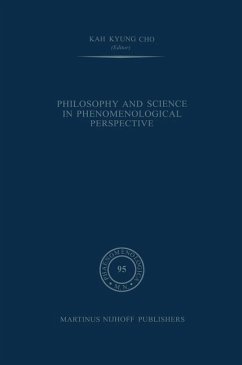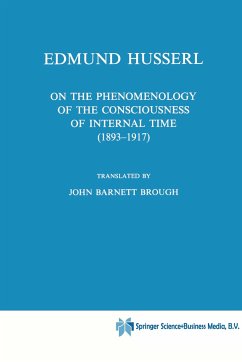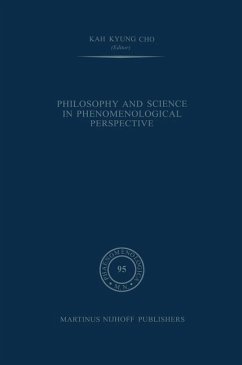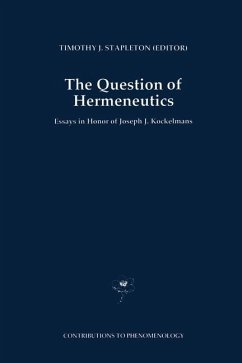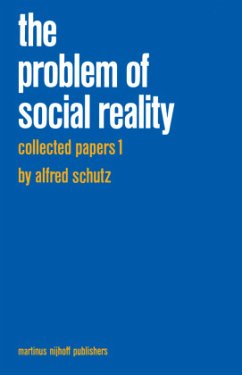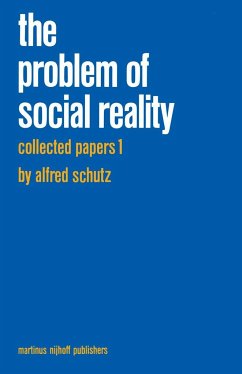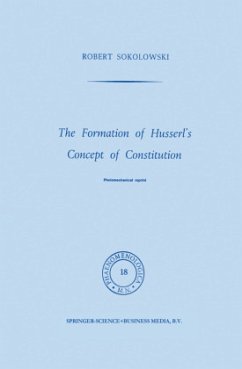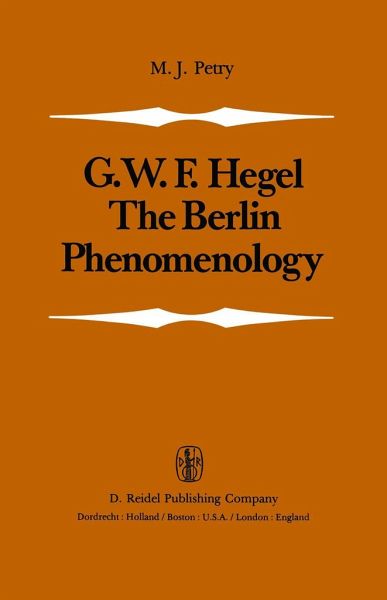
The Berlin Phenomenology
Edited and Translated with an Introduction and Explanatory Notes
Herausgegeben: Petry, Michael J.

PAYBACK Punkte
39 °P sammeln!
Since the three volume edition ofHegel's Philosophy of Subjective Spirit (1978, 19792) has been so well received, I have been encouraged to select that part of it most suitable for teaching purposes, and to publish it here as a separate work. As a teaching text, the Berlin Phenomenology has several important advan tages. Unlike so many ofHegel's writings, must notably theJena Phenomeno logy of 1807, it is concise and to the point, and concemed with issues already familiar to most students of philosophy. Since it consists for the most part of a searching and radical analysis of Kant's epistemol...
Since the three volume edition ofHegel's Philosophy of Subjective Spirit (1978, 19792) has been so well received, I have been encouraged to select that part of it most suitable for teaching purposes, and to publish it here as a separate work. As a teaching text, the Berlin Phenomenology has several important advan tages. Unlike so many ofHegel's writings, must notably theJena Phenomeno logy of 1807, it is concise and to the point, and concemed with issues already familiar to most students of philosophy. Since it consists for the most part of a searching and radical analysis of Kant's epistemology, Fichte's ethics and Schelling's system-building, it provides tirst-rate insight into Hegel's assessment of his immedi~te predecessors. When considered in context, as part of the Encyclopaedia if the Philosophical Sciences, it enables us to distinguish dearly between the systematic, the logical and the psychological aspects of Hegelianism, and is therefore also relevant to some of the central issues in modem phenomenology. It is to be hoped that the introduction and notes prepared for the present edition will prove helpful to both teachers and students. Every effort has been ma de to produce a thoroughly reliable ba sic text and an accurate translation. The text published in 1978 was prepared at the Hegel Archive in Bochum from photocopies, and I am most grateful to the Central Interfaculty of the Erasmus University, Rotterdam, for having made it possible for me to check the printed version against the original manuscripts.





